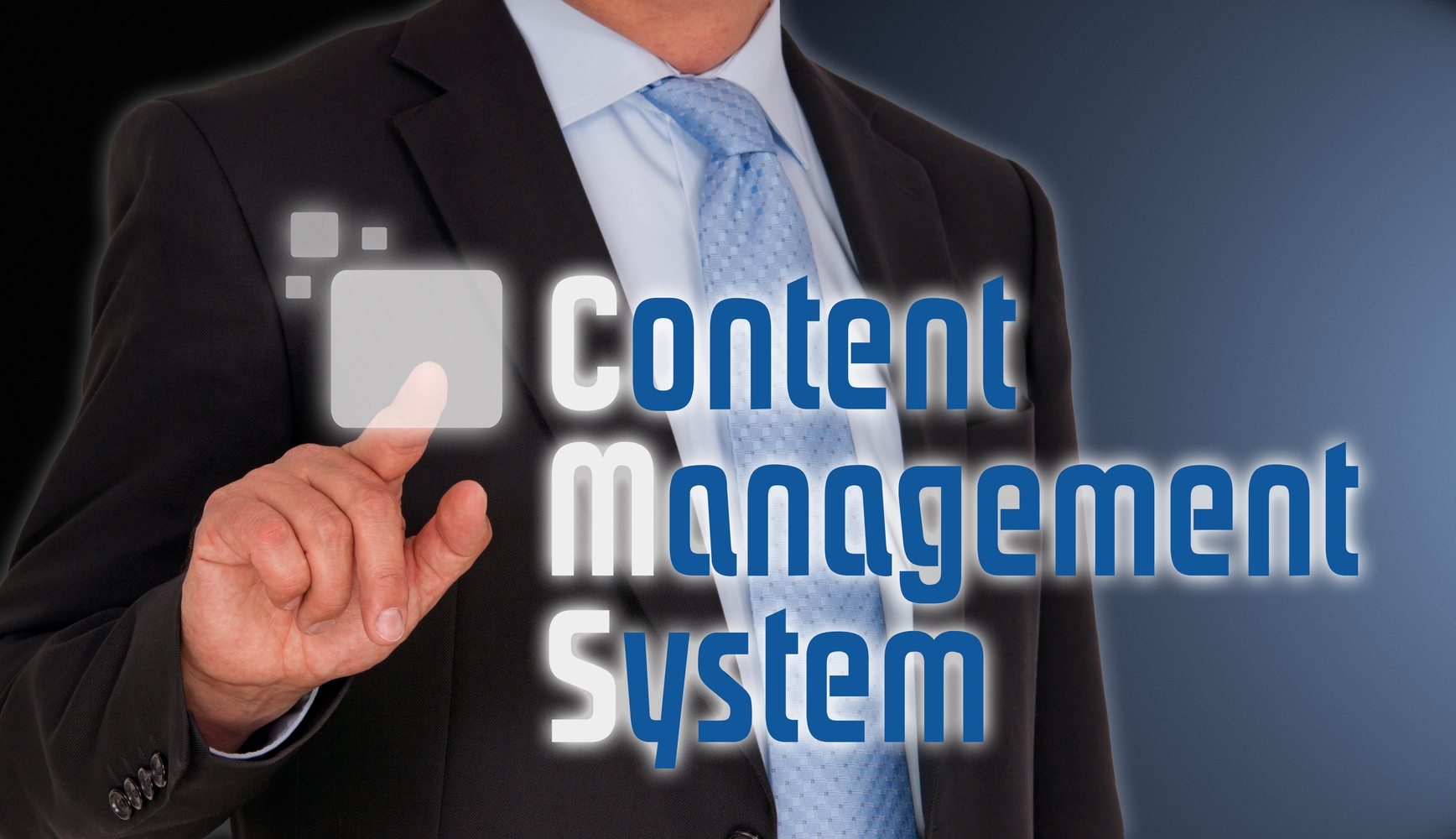Content Management Systems for Enterprises: A Comprehensive Guide
In today’s fast-paced digital landscape, managing content efficiently is paramount for large organizations. Enterprise Content Management Systems (CMS) offer robust solutions tailored to streamline content creation, storage, collaboration, and distribution. Implementing the right CMS can significantly enhance productivity, ensure compliance, and bolster scalability. This article delves into the importance of CMS for enterprises, key features to look for, and a comparison of leading platforms.
Importance of a CMS in Enterprise Operations
1.

A CMS enables organizations to store content in a centralized repository accessible to all relevant stakeholders. This reduces redundancy, ensures consistency, and simplifies content retrieval.
2. Improved Collaboration:
With robust collaborative features, team members can simultaneously work on content, provide real-time feedback, and streamline the review process. This increases efficiency and reduces bottlenecks.
3. Enhanced Compliance:
Large organizations often operate under stringent regulatory requirements. CMS platforms offer audit trails, version control, and compliant storage solutions, ensuring that all content adheres to legal standards.
4. Scalability:
Enterprises grow and so does their content. A robust CMS scales seamlessly to accommodate increasing content volumes and user demands without compromising performance.
5. Automation and Workflow Management:
Automated workflows simplify content approval, publishing, and archiving processes. This ensures that tasks are completed timely and systematically without requiring manual intervention at every step.
Key Features of an Enterprise CMS
1. User Permissions and Access Control:
Granular control over who can view, edit, approve, and publish content ensures that the right people have the appropriate access, enhancing security and preventing unauthorized alterations.
2. Multi-Site and Multi-Language Capabilities:
For global enterprises, support for managing multiple websites and content in various languages is crucial. This feature ensures consistent messaging across different regions and languages.
3. Integration Capabilities:
An enterprise CMS should easily integrate with existing IT infrastructure including CRM systems, marketing automation tools, and e-commerce platforms to facilitate seamless data exchange.
4. Advanced Analytics and Reporting:
Insightful analytics and detailed reporting help in understanding content performance, user engagement, and ROI, allowing for data-driven decision-making.
5. Content Versioning and Audit Trails:
Version control and detailed audit trails ensure accountability and transparency by tracking changes made to content over time, making it easier to revert to previous versions if needed.
6. Security Features:
Robust security measures such as SSL encryption, two-factor authentication, and regular security updates are vital to protect sensitive enterprise content from breaches.
Leading Enterprise CMS Platforms
Here’s a comparison of some of the top enterprise CMS platforms available in the market:
| Platform | Key Features | Pricing Model | Integration Capabilities | Customer Support |
|---|---|---|---|---|
| Adobe Experience Manager (AEM) | – Advanced personalization | Subscription-based | High | 24/7 Support |
| – Multi-channel content delivery | ||||
| – Robust workflow and automation | ||||
| Sitecore | – Customer experience management | Subscription-based | High | Email and Phone |
| – AI-powered insights and analytics | ||||
| – Powerful integration framework | ||||
| Drupal | – Highly customizable and flexible | Free and Paid | Medium | Community Support |
| – Strong multi-language support | ||||
| – Extensive module library | ||||
| WordPress VIP | – Enterprise-grade security and scalability | Subscription-based | High | 24/7 Support |
| – Customizable themes and plugins | ||||
| – Seamless content migration | ||||
| Kentico | – Integrated marketing automation | Subscription-based | Medium | Email and Phone |
| – User-friendly interface | ||||
| – Omnichannel delivery support |
Choosing the Right Enterprise CMS
When selecting a CMS, enterprises should consider the following factors:
1. Assess Business Needs:
A thorough assessment of business requirements helps in identifying the most critical features needed in a CMS. Factors such as the volume of content, user roles, and integration needs should be considered.
2. Scalability and Flexibility:
Choose a CMS that can grow with your business. Scalability ensures that the system can handle increased content and user demands over time without compromising performance.
3. Customization and Flexibility:
An enterprise CMS should offer extensive customization capabilities to adapt to specific business processes and workflows. Flexibility ensures the system can evolve with changing business needs.
4. User Experience:
The CMS should have an intuitive interface that facilitates ease of use and adoption by team members. User experience directly impacts the efficiency of content creation and management processes.
5. Cost Considerations:
Evaluate the total cost of ownership, including licensing fees, customization costs, and ongoing maintenance expenses. Ensure that the CMS provides a good return on investment.
6. Vendor Support:
Reliable customer support is essential for troubleshooting and assistance. Choose a CMS provider that offers robust support services through various channels such as email, phone, and live chat.
Best Practices for Implementing an Enterprise CMS
1. Plan Thoroughly:
Develop a comprehensive implementation plan that outlines goals, timelines, and responsibilities. Thorough planning ensures a smoother transition and minimizes disruptions.
2. Train Users:
Invest in training programs to ensure that all users are comfortable with the new CMS. Adequate training maximizes the system’s potential and ensures efficient usage.
3. Establish Governance:
Implement governance policies to manage content creation, review, and publishing processes. Clear guidelines help maintain content consistency and compliance.
4. Monitor and Optimize:
Regularly monitor CMS performance and user feedback. Use analytics to identify areas for improvement and optimize content strategies accordingly.
Enterprise Content Management Systems are vital tools for large organizations seeking to manage their content efficiently and effectively. By understanding the key features, comparing leading platforms, and implementing best practices, enterprises can select and leverage a CMS that meets their specific needs and drives business success.
References:




